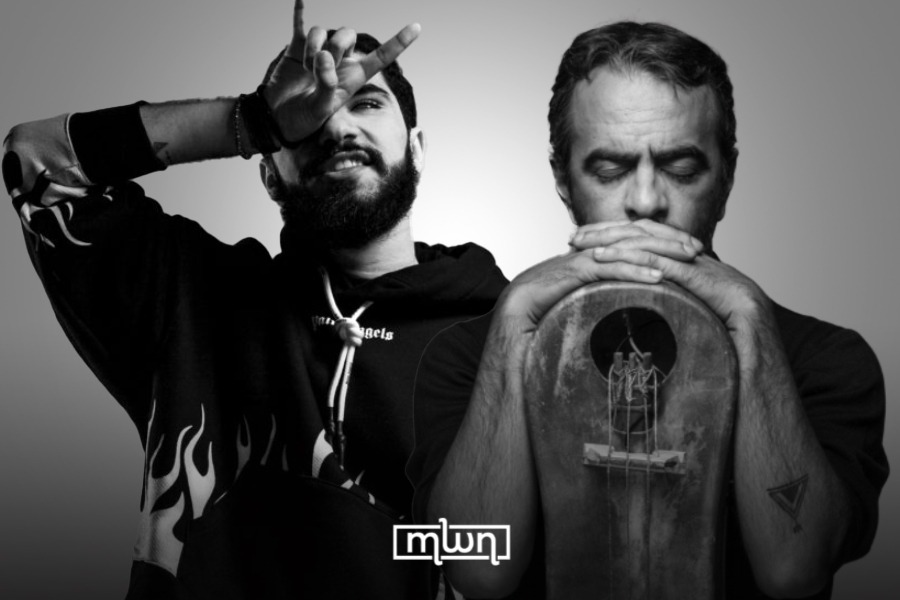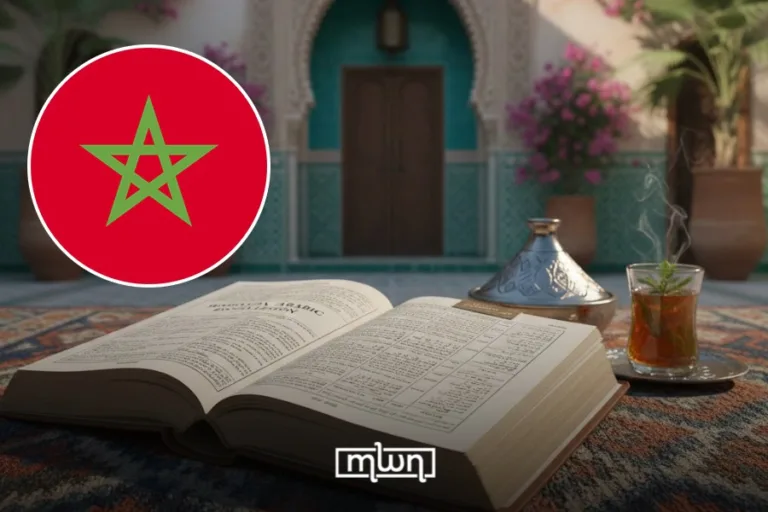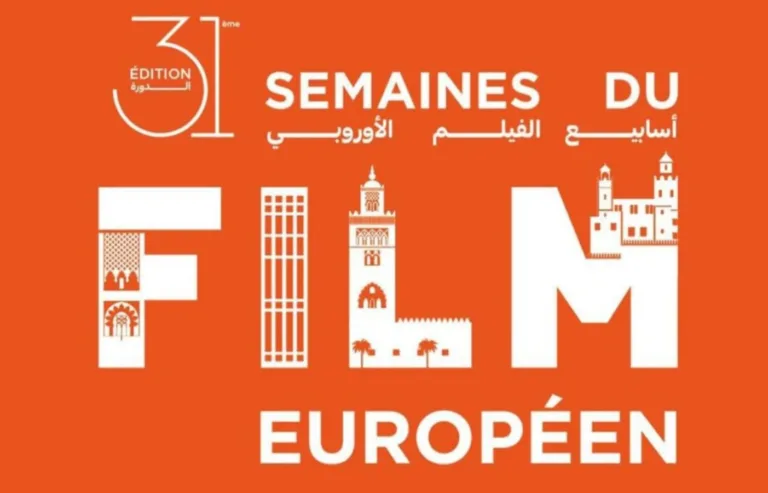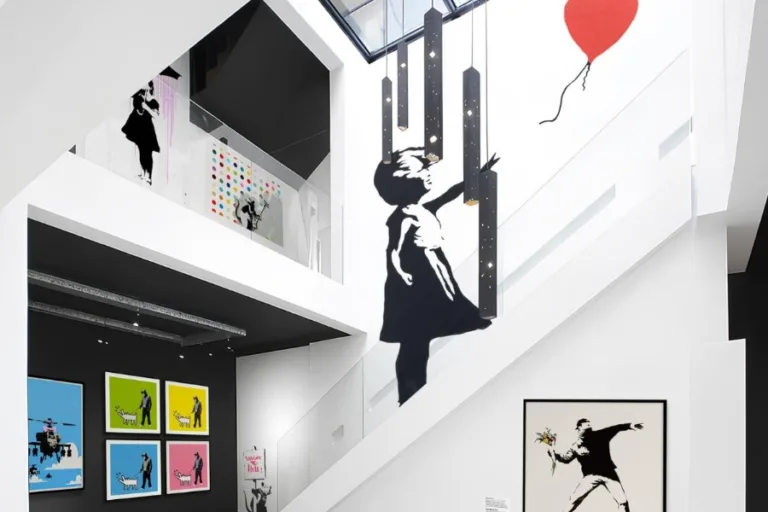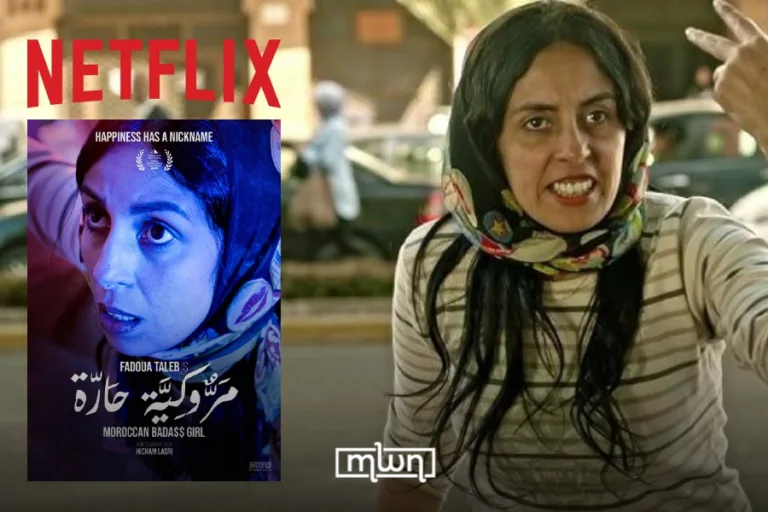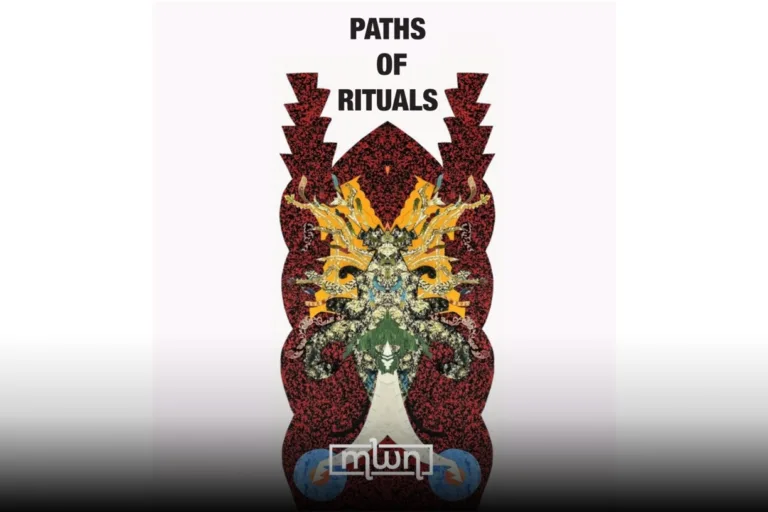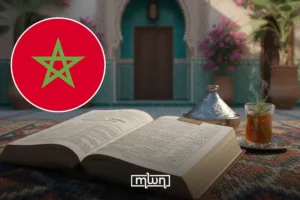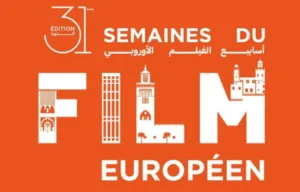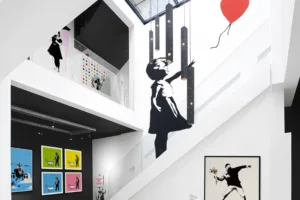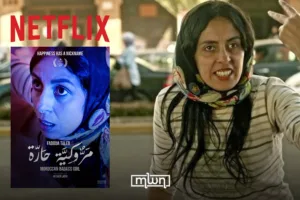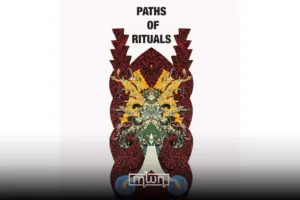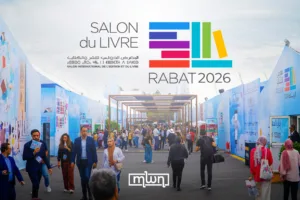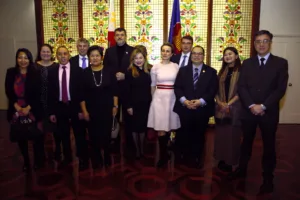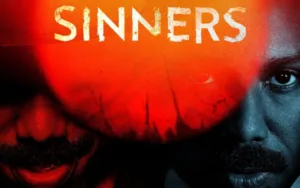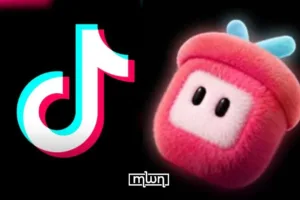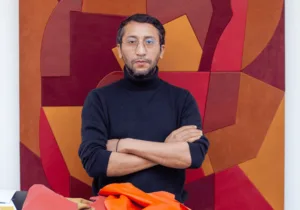Morocco’s youth are caught between the pull of tradition and the push of change – and these two musical genres provide the soundtrack to this cultural journey.
Fez – In Morocco, music reflects culture, where traditional rhythms merge with the pulse of modern sounds.
Today, two distinct yet complementary genres – Gnawa and rap – are capturing the hearts of Moroccan youth in an illustration of the North African country’s musical evolution.
Fehd Benchemsi: Bringing Gnawa to life for the new generation
Fehd Benchemsi represents one of the most progressive voices in Morocco’s new musical scene, sharing ancient Gnawa music for audiences across the globe.
He connects cultures and musical genres, bringing this very spiritual genre to a new generation.
Benchemsi merges the soulful rhythms of Gnawa, with its iconic guembri bass-like string instrument and hypnotic chanting, with global genres like jazz, blues, and even electronic music.
This has heightened the maalem’s fame to not just Morocco, but new generations around the world, while retaining the essence of Gnawa’s spiritual and cultural heritage.
This innovation can be seen in songs such as “Baba Mimoun” which reached 10M views on YouTube, where the traditional Gnawa melodies are mixed with modern arrangements.
Benchemsi often collaborates with an international team of musicians and producers, including artists from the United States and Europe.
These have included THE LALLAS, Lucy Clearwater and Alexander Nimier, who foster his work with a broader outlook, enabling him to expand Gnawa’s influence. The maalem performed his latest performance in September with THE LALLAS at the Boulevard Festival in Casablanca.
His performances are rich and captivating, seamlessly incorporating elements of traditional Gnawa rituals with modern instrumentation and innovative stage designs.
These efforts not only modernize Gnawa but also keep it alive for younger generations, ensuring that the genre remains a vital part of Morocco’s cultural identity.
By doing so, Benchemsi became a cultural ambassador for Morocco, showing that tradition and innovation can coexist beautifully.
ElGrandeToto: the Voice of Moroccan youth
Taha Fahssi, aka ElGrandeToto, is one of the most important protagonists of Moroccan rap, representing the hopes and struggles of a generation of young Moroccans.
Born in Casablanca, Toto started his career at the beginning of the 2010s, establishing himself through underground networks and social media.
His hit tracks, among which include “Mghayer” and “Haribo,” gained huge popularity thanks to their authentic mix of Moroccan Darija, French, and English. This language blend speaks to Morocco’s urban culture and international openness.
“Mghayer” broke a record of 115 million views on YouTube, making Toto the most-listened-to rapper in Morocco.
From societal pressures to urban struggles and finding one’s voice, his lyrics speak to both millennials and Generation Z alike.
His music epitomizes the new identity of Moroccan youth, adding a voice for representation against the daily societal shackles.
His upcoming track, “SALGOAT” reclaims the Darija word “salgot” (scum) which was among the insults that former Moroccan Prime Minister Abdelillah Benkirane directed at him. Now, he used the insult to stand as a symbol of pride and resistance.
This project accentuates his critical potential for the musical medium as a channel of political and social critique, further drawing him into the status of a cultural icon and inspiring young generations to think differently and be themselves.
Gnawa vs Rap: A bridge between past and present
While Gnawa music draws on Morocco’s history and spirituality for a meditative escape and connection to heritage, rap is unapologetically modern, with sharp, relatable lyrics that reflect urban struggle and aspiration.
Where Gnawa invites listeners to contemplate and ascend, rap demands attention and action. Although seemingly different on the outside, both genres share a common thread serving as vessels for storytelling, identity, and resilience.
Read Also: Essaouira Gnaoua, World Music Festival Kicks Off 25th Anniversary Edition

